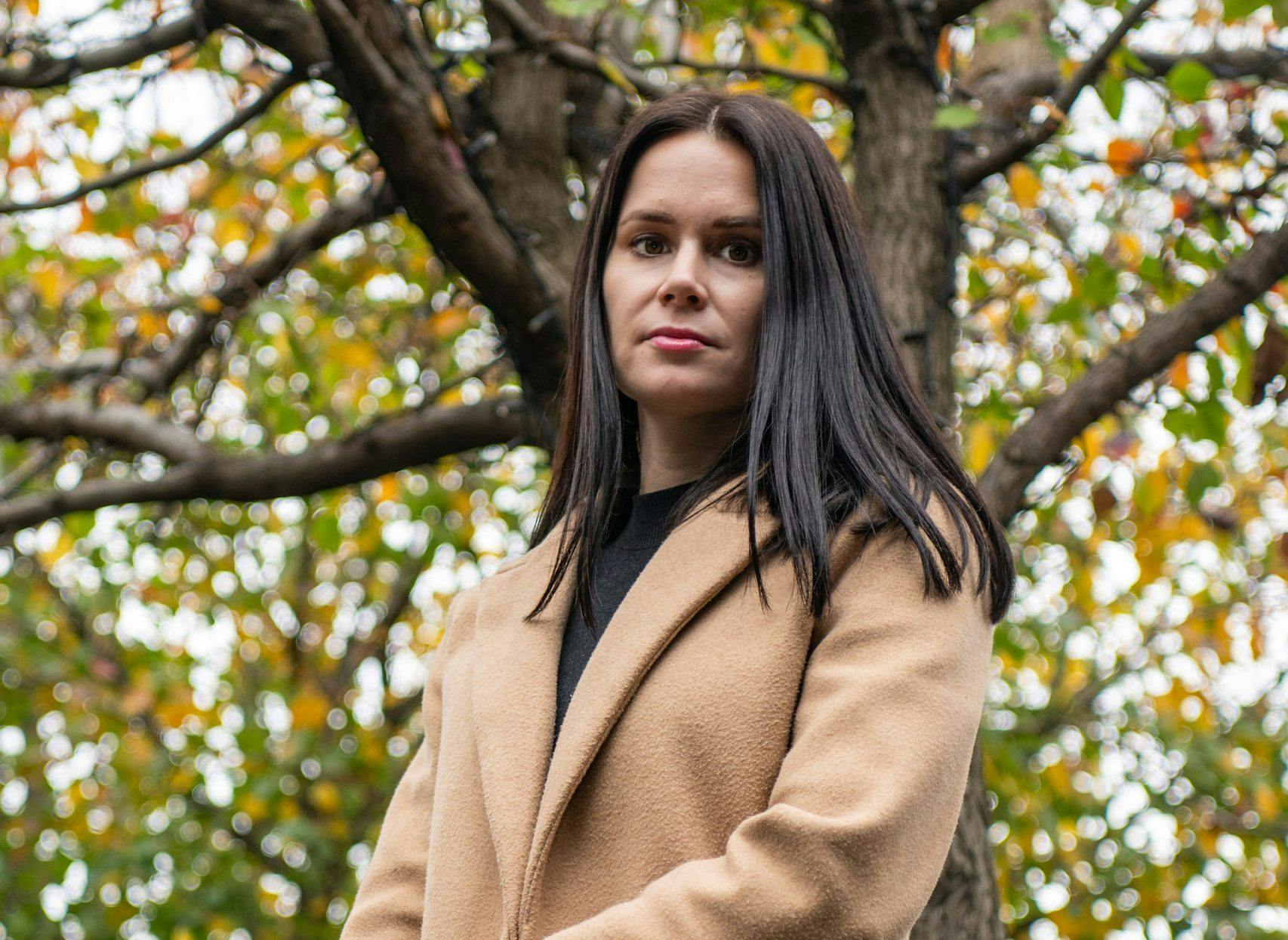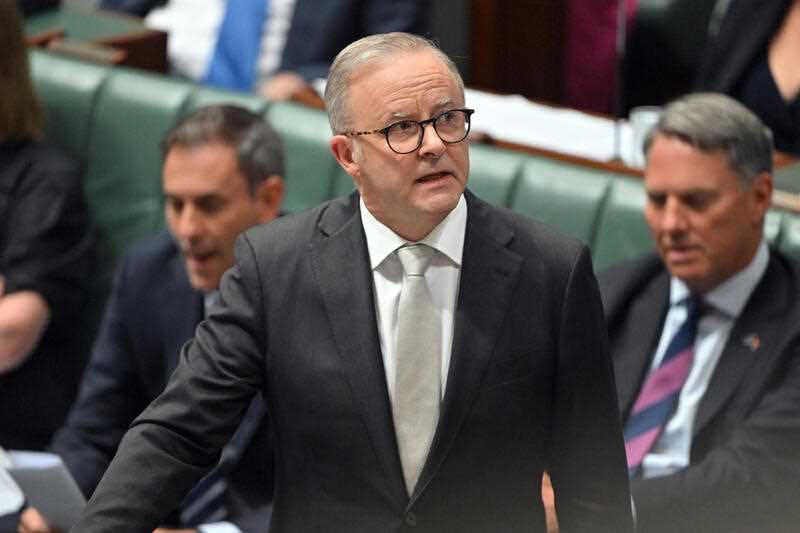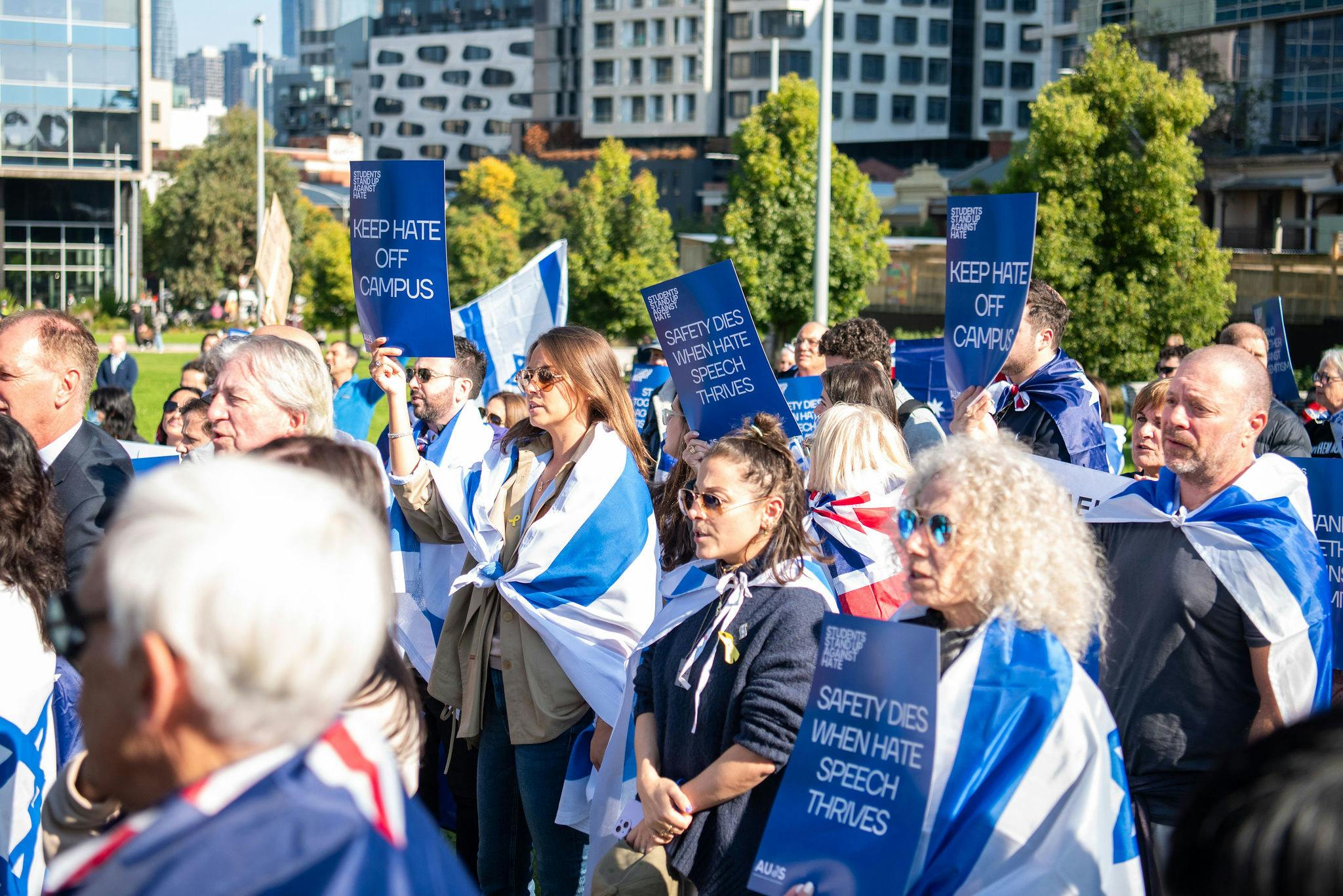Published: 23 August 2018
Last updated: 4 March 2024
This was just one of the many penetrating insights delivered by Russian-American journalist, author and activist Masha Gessen at the opening session of the Sydney Jewish Writers Festival last night.
Gessen, the author of nine books, was in conversation with Australian journalist Ellen Fanning, in a session titled Trump, Totalitarianism & Protest, before a sold-out audience at Bondi Pavilion.
Gessen, who grew up in an intellectual Jewish family in Moscow before her parents emigrated to the United States in 1980, returned to Russia in the 1990s to work as a journalist. She witnessed and reported on President Vladimir Putin’s reshaping of the country, culminating in her award-winning book The Future Is History: How Totalitarianism Reclaimed Russia (Penguin/Random House, 2017).
“When I went back to Moscow to try writing in Russian, it seemed like an exciting place to be as a journalist. In the ‘90s we were inventing how it was done; none of the stories had been written before. I always felt like I was discovering new things.”
Gessen said the collapse of the totalitarian Soviet Union regime in 1991 left its citizens filled with either exhilaration or terror. “Most people found it terrifying. Most people find freedom too scary and they look backwards because it’s safer.”
In the 1990s stability was missing, and this fed a Soviet nostalgia that flowered in the 2000s, she explained. Into this period of flux stepped Putin, a former KGB spy who “just wanted to get rich”. When he became president in 2000, Putin wanted to build a mafia state and to achieve this he “tapped into the mechanisms of totalitarian society”.
One of his primary tools was the use of random terror, invoking the collective “memory of the memory of terror” that still shaped people’s lives. Unlike the era of State terror in the 1950s, when everyone knew someone who had gone to the gulag, said Gessen, Putin utilises an "economy of terror", whereby he invokes selective examples that remind the public of the generalised terror from previous generations. An example is the state-run social services where children can be removed and families separated, tying them up in “black hole” bureaucracies where no lawyer can help you.
Gessen told the audience that like Putin, President Trump also has the instincts of an autocrat – “he thinks that if you’re the boss, you should control everything”- and his tool of control is language.
“Totalitarianism relies on using language to erode our shared sense of reality,” she said, referring to Trump’s catchphrases of “fake news”, “witch-hunt” and “the media is an enemy of the people.”
Trump positions himself as a victim of persecution, she said, but “Trump is the most powerful man in the whole world,” and it is he who is persecuting the media.
These words are used to imply the opposite of their true meaning. Trump positions himself as a victim of persecution, she said, but “Trump is the most powerful man in the whole world,” and it is he who is persecuting the media. Yet ironically, if you try to listen to his words carefully, she added, "they are ultimately incoherent."
Gessen said democracy rests on the idea that our leaders are guided by the principle of acting in good faith. The underlying problem with Trump is that he does not care about acting in good faith, and this has rendered the media – despite the quality of its reporting – essentially impotent to hold him to account.
Asked by a member of the audience if there is anything that ordinary people can do in the face of this civic dilemma, Gessen quoted the French philosopher Simone Weil: “Don’t do anything to augment evil.”
The Jewish Independent is a supporter of the 2018 Sydney Jewish Writers Festival. The festival continues on Sunday, August 26 at Waverley Library. For details of sessions, go to www.shalom.edu.au
Photo: Ellen Fanning (left) with Masha Gessen at the Sydney Jewish Writers Festival, Bondi Pavilion, on August 23 (Michael Visontay)




